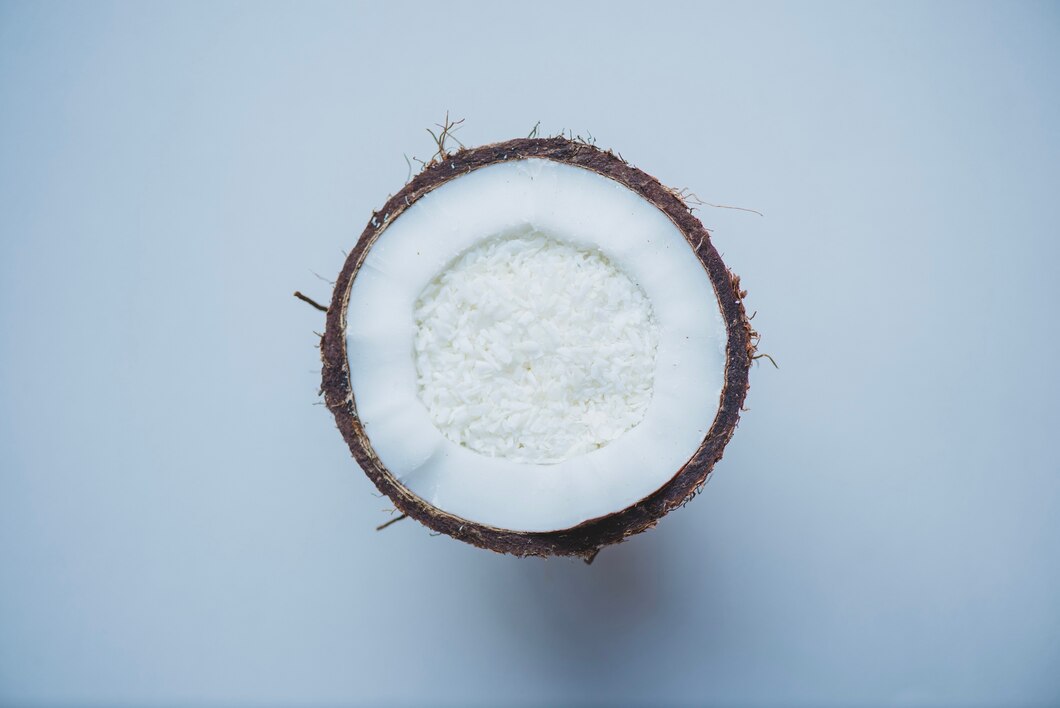Coconut proteins are a type of protein that is derived from coconuts. They are a source of essential amino acids and are often used as a dietary supplement. Coconut proteins are also a good source of fiber and have been shown to aid in weight loss.
We all know that protein is essential for our health and fitness, but what kind of protein is best? Popular plant-based proteins include seeds, lentils, nuts, almonds, tofu, and tempeh. Coconut protein is another excellent source of plant-based protein and has been rising in popularity due to its many health benefits.
Read on to discover more about coconut protein and why it’s the best protein for your body.
Learning about Healthy and Clean Coconut Protein
1. No Heavy Metal Contamination
The “purity” of 134 top-rated protein powders was assessed by the Clean Label Project. They all had residues of more than 130 poisons and other substances.
2. No Adverse Effects on Hormones
Soy was a popular protein substitute in the early 2000s. Soy eating on a daily basis causes physiological changes, reducing testosterone levels and causing male and female infertility.
3. No Stomach Issues
Other protein sources cause bloating, nausea, and vomiting. Thankfully, coconut protein has none of these adverse consequences. Coconut milk (from which coconut proteins are derived) may have gut health benefits and anti-inflammatory qualities.
What Coconut Protein Can Do For You
1. Coconut Protein Restores the Body
Coconut protein contains a high amount of glutamic acid. Glutamic acid accounts for approximately 61% of the amino acids in our muscles. Glutamic acid can be found in the lungs, stomach, liver, and brain.
Glutamine is stored in the kidneys and aids in the maintenance of acid-base balance. During exercise, the kidneys convert glutamine into ammonia, which regulates the pH of the body.
Because regular exercise depletes glutamine stores, many athletes supplement with glutamine. Muscle atrophy, weariness, and sickness can all come from a glutamine deficiency. Coconut protein reduces glutamine deficit, lowering the risk of the disorders stated.
2. Coconut Protein Offers Antioxidants
According to research, coconut protein has excellent antioxidant potential. Coconut protein was found to have DNA-protective and radical-scavenging capabilities in mice.
3. Coconut Protein is a Natural Immune Booster
Cyclophosphamide is used to treat lupus, rheumatoid arthritis, and aplastic anemia. Immunosuppressant. Mice were given cyclophosphamide to test the immunostimulatory characteristics of coconut protein and were found to activate bone marrow cells. The bone marrow produces white blood cells. In immunocompromised persons, these cells can be encouraged to produce white blood cells.
4. Coconut Protein Improves Cardiovascular Health
Coconut protein’s arginine component raises nitric oxide levels in the body, lowering cardiovascular disease risk factors, total cholesterol, LDL+VLDL cholesterol, as well as reducing triglycerides and phospholipids. Lower signs indicate a more steady blood count.
Conclusion
Coconut protein is unique among plant-based proteins. It is high in amino acids, good for the heart, lactose-free, and aids in muscle development without adding calories. Coconut protein is a low-stimulation workout supplement that is now known not to have adverse effects. As such, if you’re looking for the best protein, this should be your number one choice.
Coco House is your go-to source for premium “tree-to-table” coconut protein products. With us, you get quality and ethically sourced Sri Lanka coconut. Shop our collection today!







